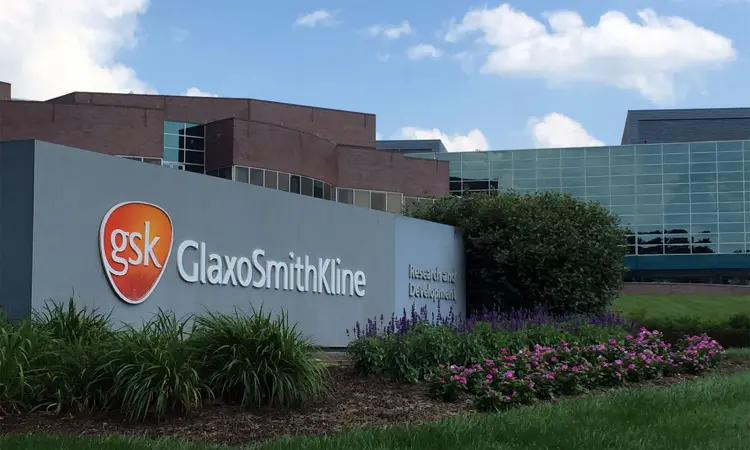- Home
- Medical news & Guidelines
- Anesthesiology
- Cardiology and CTVS
- Critical Care
- Dentistry
- Dermatology
- Diabetes and Endocrinology
- ENT
- Gastroenterology
- Medicine
- Nephrology
- Neurology
- Obstretics-Gynaecology
- Oncology
- Ophthalmology
- Orthopaedics
- Pediatrics-Neonatology
- Psychiatry
- Pulmonology
- Radiology
- Surgery
- Urology
- Laboratory Medicine
- Diet
- Nursing
- Paramedical
- Physiotherapy
- Health news
- Fact Check
- Bone Health Fact Check
- Brain Health Fact Check
- Cancer Related Fact Check
- Child Care Fact Check
- Dental and oral health fact check
- Diabetes and metabolic health fact check
- Diet and Nutrition Fact Check
- Eye and ENT Care Fact Check
- Fitness fact check
- Gut health fact check
- Heart health fact check
- Kidney health fact check
- Medical education fact check
- Men's health fact check
- Respiratory fact check
- Skin and hair care fact check
- Vaccine and Immunization fact check
- Women's health fact check
- AYUSH
- State News
- Andaman and Nicobar Islands
- Andhra Pradesh
- Arunachal Pradesh
- Assam
- Bihar
- Chandigarh
- Chattisgarh
- Dadra and Nagar Haveli
- Daman and Diu
- Delhi
- Goa
- Gujarat
- Haryana
- Himachal Pradesh
- Jammu & Kashmir
- Jharkhand
- Karnataka
- Kerala
- Ladakh
- Lakshadweep
- Madhya Pradesh
- Maharashtra
- Manipur
- Meghalaya
- Mizoram
- Nagaland
- Odisha
- Puducherry
- Punjab
- Rajasthan
- Sikkim
- Tamil Nadu
- Telangana
- Tripura
- Uttar Pradesh
- Uttrakhand
- West Bengal
- Medical Education
- Industry
GSK- CureVac experimental COVID variant vaccine effective in mice study

Frankfurt: CureVac and GSK's second-generation vaccine candidate targeting two recent COVID-19 variants has been shown to be highly effective in preclinical studies on mice, CureVac said, as it seeks to catch up with rivals' development work.
A study in mice showed that the bivalent vaccine candidate, designed to address the Beta and Delta variants of the coronavirus, elicited neutralizing antibody levels that were comparable to the monovalent vaccine candidates targeting only one of the variants.
"During exposure of the vaccinated animals to either the Beta or the Delta variant, the bivalent mRNA vaccine significantly reduced the viral load in the animals," CureVac said in a statement on Thursday.
While the early results point to potentially broader protection from one bivalent shot compared to a vaccine that only addresses one variant, validation via much more onerous testing on humans will be required.
Germany's CureVac has specialised in mRNA, the same technology used by the BioNTech-Pfizer partnership as well as by Moderna for their established COVID shots.
After failed efforts to bring a COVID-19 vaccine to market last year, CureVac intensified its work with partner GlaxoSmithKline on improved vaccine versions.
Germany, which backed the biotech firm's initial development attempt, in a renewed show of confidence this month signed a contract with CureVac and GSK for over 80 million doses of future mRNA vaccines to bolster supplies in case of further public health emergencies.
BioNTech-Pfizer and Moderna are ahead in the testing on humans of experimental monovalent and bivalent vaccines to better protect against the dominant Omicron variant and also against any future variants.
CureVac at the end of March started early testing on humans of an improved monovalent shot, designed to target the original COVID-19 coronavirus that was discovered in Wuhan, China
Read also: GSK Daprodustat bags USFDA review to treat anemia of CKD
Ruchika Sharma joined Medical Dialogue as an Correspondent for the Business Section in 2019. She covers all the updates in the Pharmaceutical field, Policy, Insurance, Business Healthcare, Medical News, Health News, Pharma News, Healthcare and Investment. She has completed her B.Com from Delhi University and then pursued postgraduation in M.Com. She can be contacted at editorial@medicaldialogues.in Contact no. 011-43720751


